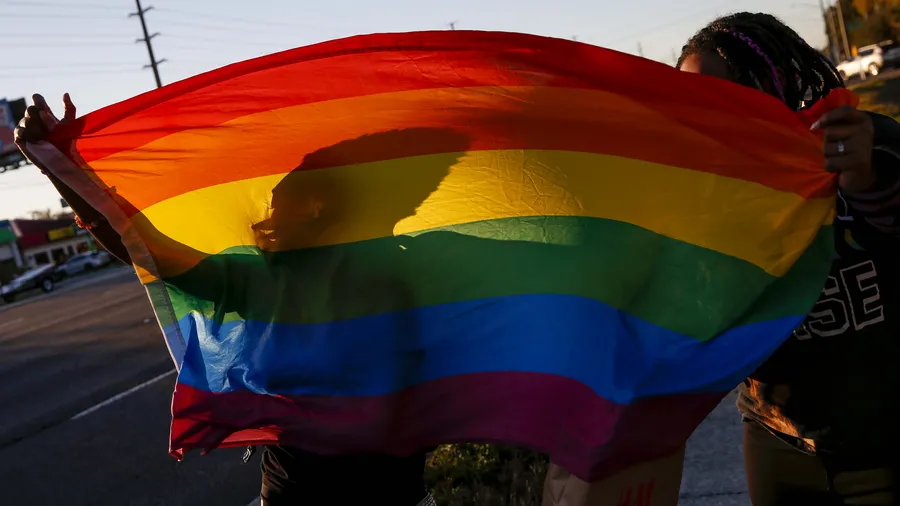Florida lawmakers have been pushing House Bill 1557, dubbed the ‘Don’t Say Gay’ bill, which just passed the House Judiciary Committee along party lines. The bill would ban discussions of sexual orientation and gender identity in schools. The ‘Don’t Say Gay’ bill is set to come to debate and a full House vote next week.
At its core, the ‘Don’t Say Gay’ bill outlines what seems to be one of the most controversial topics in today’s news. Essentially the bill would require:
- The school district to ban the teaching of LGBTQ topics in the classroom.
- Schools to “not encourage” discussions of sexual orientation and gender identity in primary grade levels, or in a manner that is not “age-appropriate” or “developmentally appropriate” for students.
- Parents that feel their student was subjected to a discussion, or educated about, gender identity and sexual orientation have the right to take legal action and sue the school district for violating the bill.
The Republican party, who proposed the bill, says the aim of House Bill 1557 is to limit these discussions from Kindergarten to 3rd grade. “It just says we don’t talk about these things until kids are out of third grade. That’s all it says,” said the sponsor of the bill, Rep. Joe Harding, (R-Williston).
The latest proposed amendment to the bill would require school officials that choose to withhold information confided in them about a students sexual orientation and gender identity, to disclose that information to their parents within 6 weeks of the decision to withhold knowledge. This proposed change is causing outrage amongst some of the Democratic party. State Rep. Carlos Guillermo Smith, an Orlando democrat and LGBTQ activst, called it “horrifying” that the proposed amendment would require schools to out children against their will. Smith went on to say that “It intentionally puts LGBTQ youth in harm’s way…I just couldn’t believe how malicious it was”.
Florida is not the only state with bills similar to ‘Don’t Say Gay’ . Since Florida’s House Committee introduced the proposed legislation last month, there have been 15 other bills with similar rhetoric proposed in other state legislatures. An Oklahoma senate bill would ban public schools from employing anyone who “promotes positions in the classroom or at any function of the public school that is in opposition to closely held religious beliefs of students,” which would in many cases deny people of a job based on their religious beliefs. Another proposal in the bill would implement a ban on requiring public university courses on “gender, sexual, or racial diversity, equality, or inclusion”.
Florida’s House Bill 1557, if passed, would take effect July 1, 2022. The Siskiyou urges the student body to familiarize themselves with the current proposed state legislation and speak up if there is anything students are uncomfortable with, or passionate about. Remember, knowledge is power!



